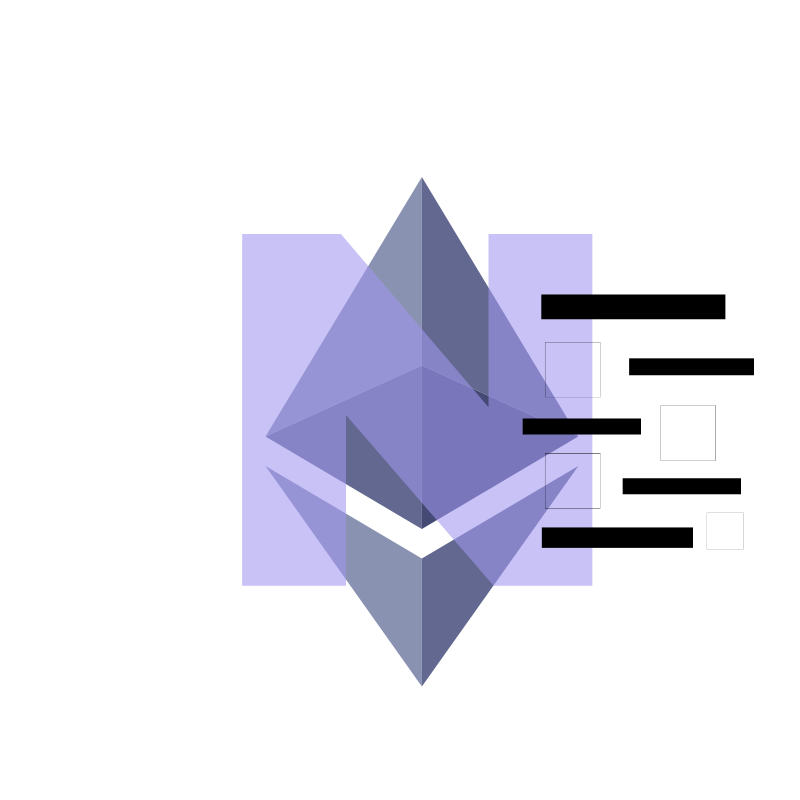

Apple Eases NFT and Crypto App Restrictions Following Court Ruling
May 6, 2025
2 min read
Apple has made significant changes to its App Store guidelines, easing restrictions on apps that facilitate cryptocurrency and NFT transactions. This decision follows a U.S. District Court ruling in the ongoing antitrust case brought by Epic Games, marking a pivotal shift in how digital assets can be integrated into iOS applications.
Key Takeaways
Apple now allows external links for NFT purchases and secondary marketplaces.
Developers can direct users to external payment methods, bypassing Apple’s commission fees.
Certain restrictions on crypto mining and token rewards remain in place.
The changes are currently applicable only in the U.S. App Store.
Background of the Court Ruling
The recent court ruling, delivered by District Judge Yvonne Gonzalez Rogers, found Apple in violation of a previous injunction that prohibited the company from restricting developers' ability to direct users to external payment methods. This ruling has prompted Apple to revise its guidelines, allowing developers to include links or buttons that guide users to secondary NFT marketplaces and third-party payment systems.
Changes to App Store Guidelines
The updated App Store guidelines now permit:
External Payment Links: Developers can include buttons or links that direct users to external sites for NFT purchases, allowing transactions outside of Apple’s in-app purchase system.
In-App NFT Transactions: Apps can now facilitate NFT minting, listing, and transferring through external payment methods, enhancing user engagement and monetization opportunities.
Previously, apps like OpenSea were limited to browsing functionalities, unable to process purchases to avoid Apple’s 30% commission fee, often referred to as the "Apple Tax." With these new guidelines, developers have greater flexibility to create seamless transaction experiences.
Remaining Restrictions
Despite these advancements, Apple maintains several restrictions:
No Crypto Mining: Apps are still prohibited from mining cryptocurrencies on devices.
No Token Rewards: Applications cannot distribute token rewards for completing tasks.
Global Discrepancies: While the U.S. App Store has relaxed its rules, Apple’s global guidelines remain more restrictive, prohibiting external payment links outside the U.S.
Industry Reactions
The crypto and NFT communities have largely welcomed these changes, viewing them as a victory for developer freedom in the web3 space. Social media reactions indicate excitement, with many users noting that the ruling "cracks open" Apple’s control over the App Store. Industry professionals believe this shift could lead to a surge in innovation, allowing developers to create mobile apps that fully interact with digital assets.
Future Implications
Apple's revisions signal a cautious yet meaningful step toward integrating blockchain technologies into its ecosystem. As the legal landscape continues to evolve, this policy change may reshape the mobile app environment for digital assets. Competitors like Google have already relaxed their NFT restrictions, indicating a broader trend in the tech industry toward embracing decentralized technologies.
However, Apple has expressed dissatisfaction with the court’s decision and plans to appeal, indicating that the battle over app store policies and developer freedoms is far from over. As the digital economy grows, the implications of these changes will be closely monitored by both developers and regulators alike.
Sources
Apple Revises App Store Guidelines For Crypto And NFTs Following Court Ruling, Crowdfund Insider.
Apple’s Revised US App Store Guidelines Ease Crypto App Payment and NFT Barriers – Crypto News Bitcoin News, Bitcoin.com News.
Apple Eases NFT, Crypto Rules for iOS Apps Following Antitrust Ruling, Decrypt.
Apple Loosens NFT, Crypto App Rules After Court Ruling, TronWeekly.